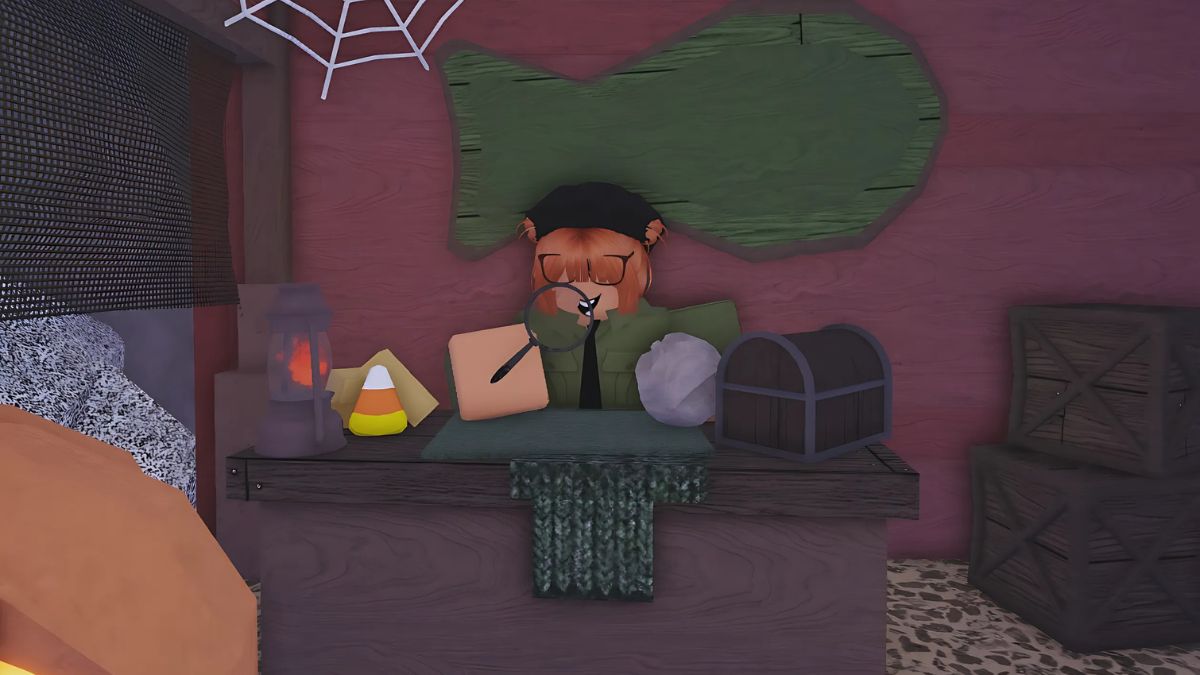Capcom has released a PC benchmarking tool for Monster Hunter Wilds so players can test out their machines ahead of release.
Performance has been a big concern for players since the game's last beta, with erratic framerates and visual glitches across both PC and console. Capcom released the PC specs last September, but has since stated it plans to lower GPU requirements.
Now, following last night's Capcom Spotlight, the company has released a benchmark tool on PC you can download via Steam.
The free tool provides a score of your computer's performance, from Excellent down to Difficulty Playing, along with an average frame rate.
The benchmark comes ahead of a second beta, operating across two weekends in February before the game's launch on 28th February.
However, various improvements made to the game won't be included in this beta, including performance, weapon changes, Hitstop, and quality of life tweaks. As such, the benchmark tool is the best way for PC players to truly see if their machine is up to scratch.
Last night, Capcom confirmed this beta will give players a chance to go up against flagship monster Arkveld for the first time. A new trailer (above) provides a look at the Iceshard Cliffs biome and new monster Hirabami.
For console players, director Yuya Tokuda previously confirmed performance targets across PS5 and Xbox Series X/S. There will also be a day one PS5 Pro patch, for which further details have been revealed.
On PS5 Pro, PSSR will be used to upscale the resolution with added ray-tracing effects. Unlike on base consoles where two settings will be available to prioritise resolution or framerate, the PS5 Pro will have an additional Balanced mode for a 40fps frame rate with ray-tracing enabled.
The three modes are as follows:
| Prioritise Resolution | Enabled | 3840 x 2160 (3072 x 1728) | 30fps |
| Balanced | Enabled | 3840 x 2160 (1920 x 1404) | 40 fps |
| Prioritise Frame rate | Disabled | 3840 x 2160 (1920 x 1080) | 60fps |
Monster Hunter Wilds will release across PS5, Xbox Series X/S, and PC on 28th February. I went hands-on at Gamescom last year and was impressed by its more streamlined approach.

 4 hours ago
14
4 hours ago
14
.png?width=690&quality=75&format=jpg&auto=webp)
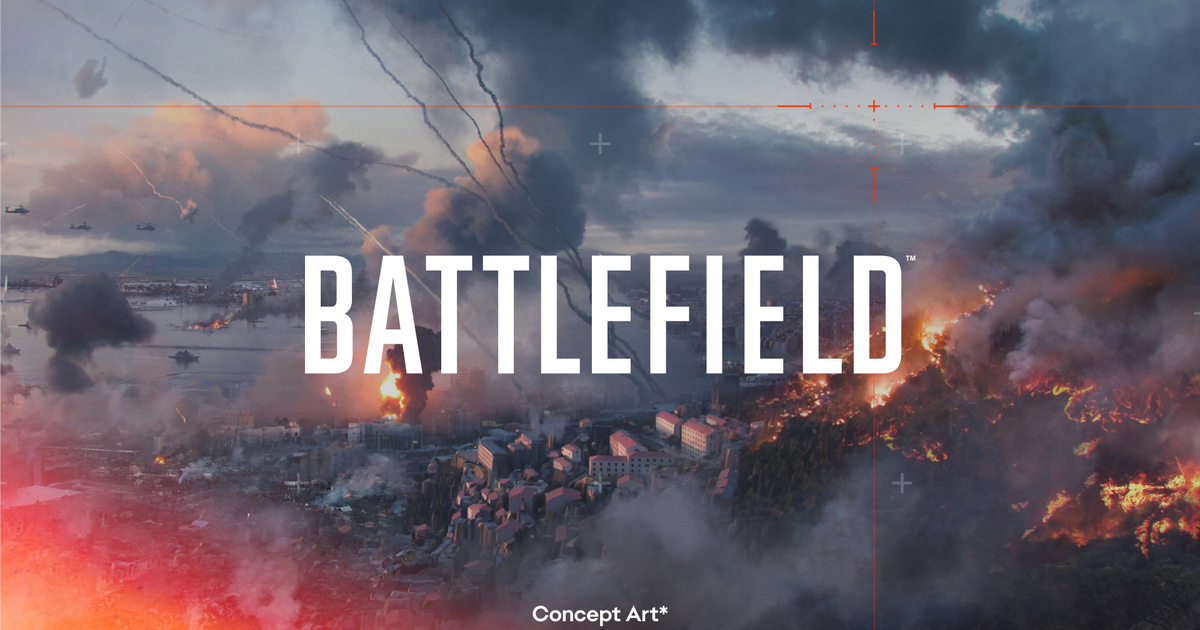
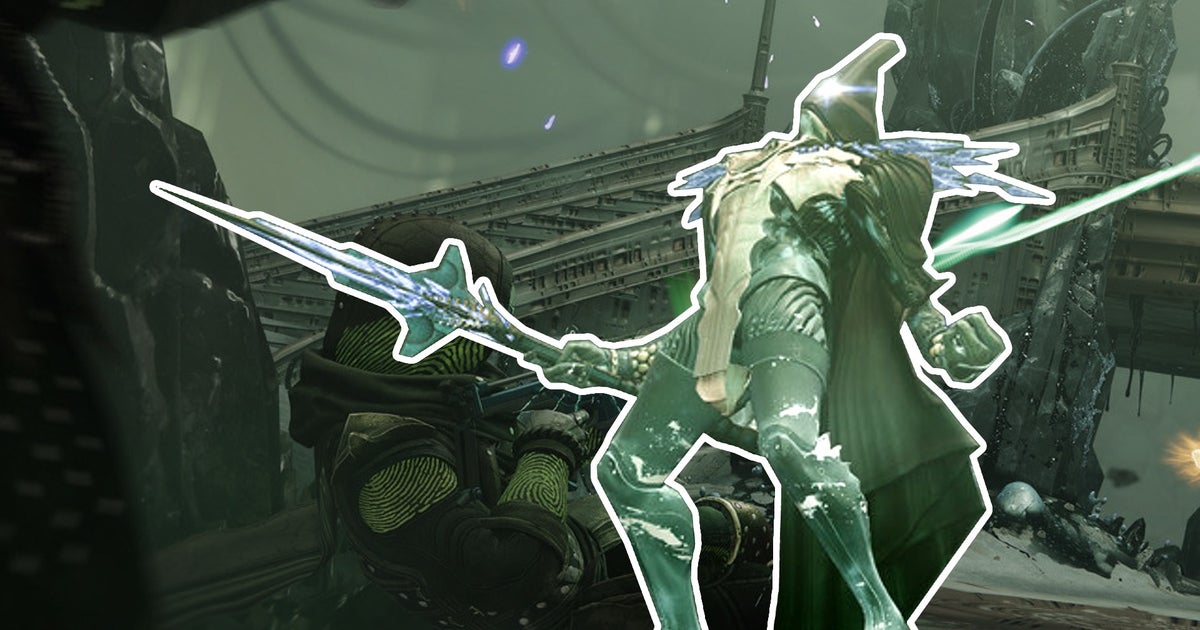
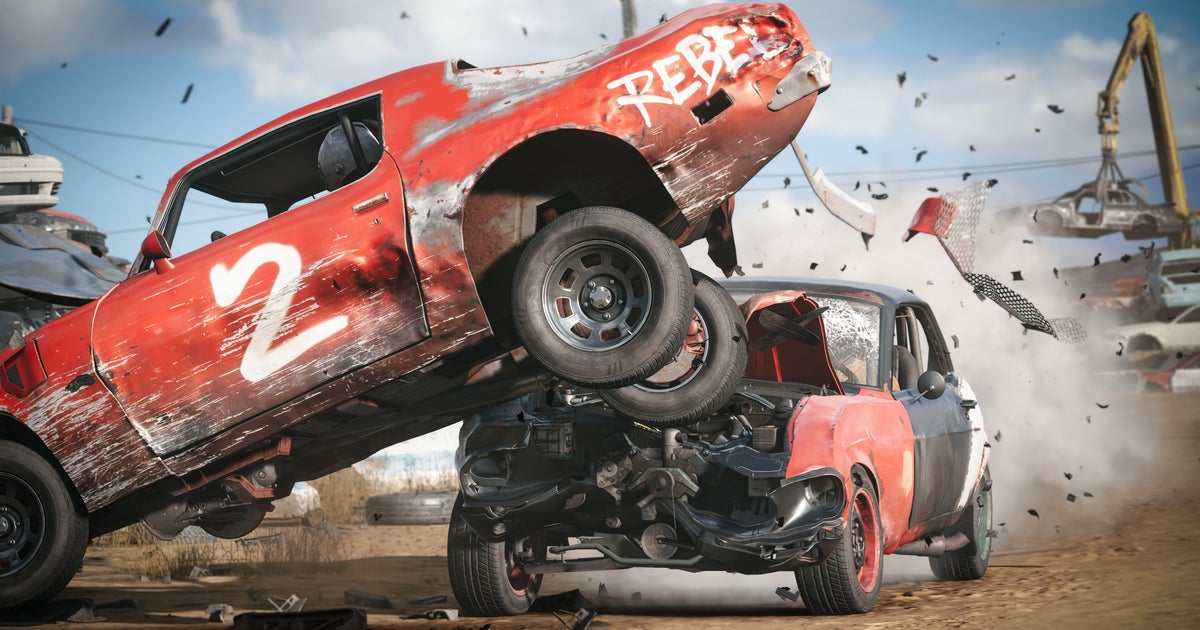
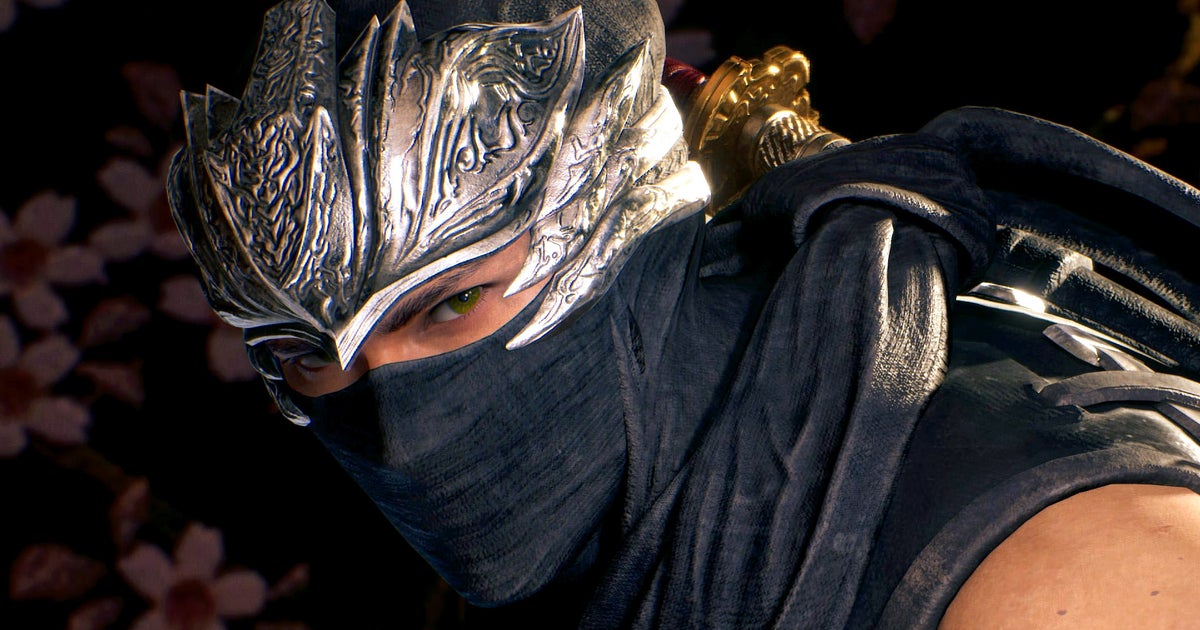



![Anime Reborn Units Tier List [RELEASE] (November 2024)](https://www.destructoid.com/wp-content/uploads/2024/11/anime-reborn-units-tier-list.jpg)
